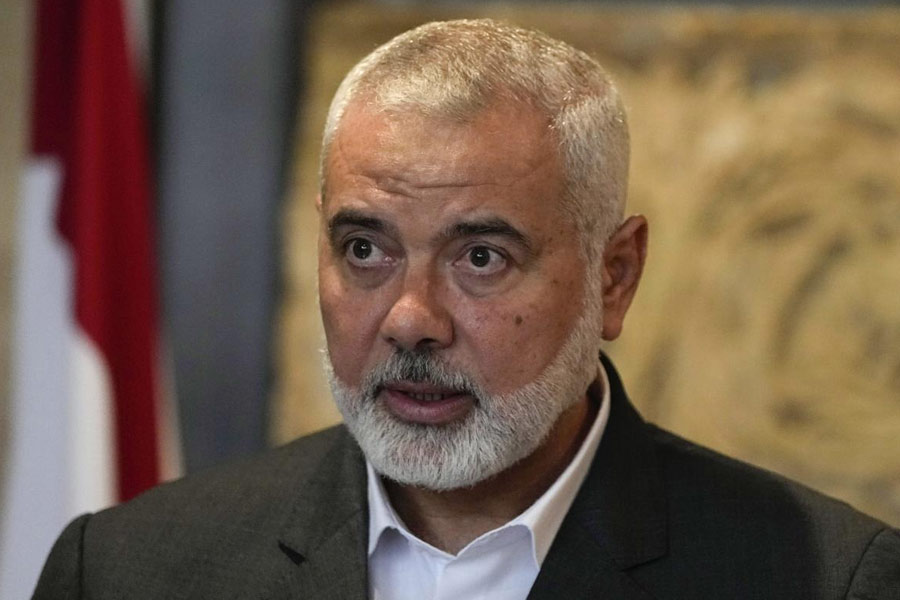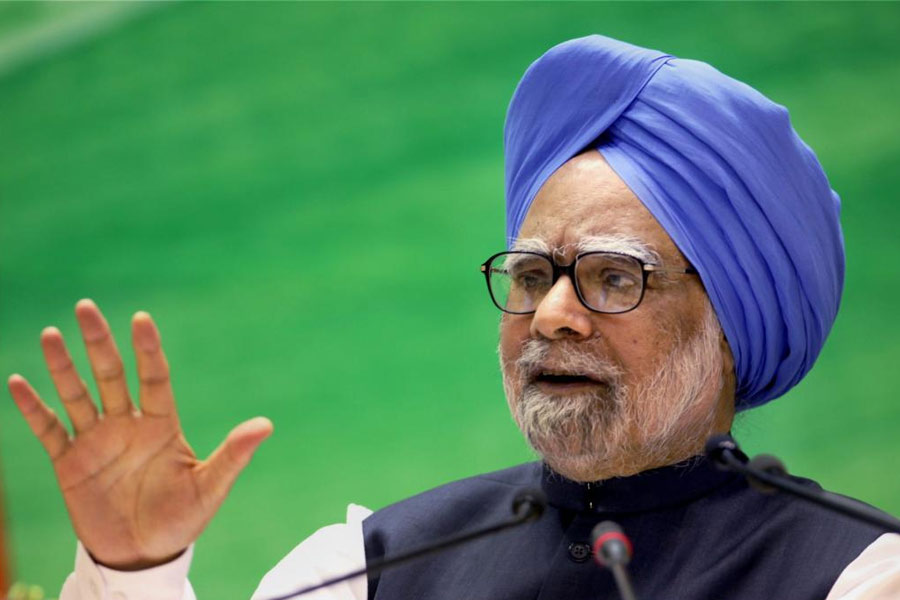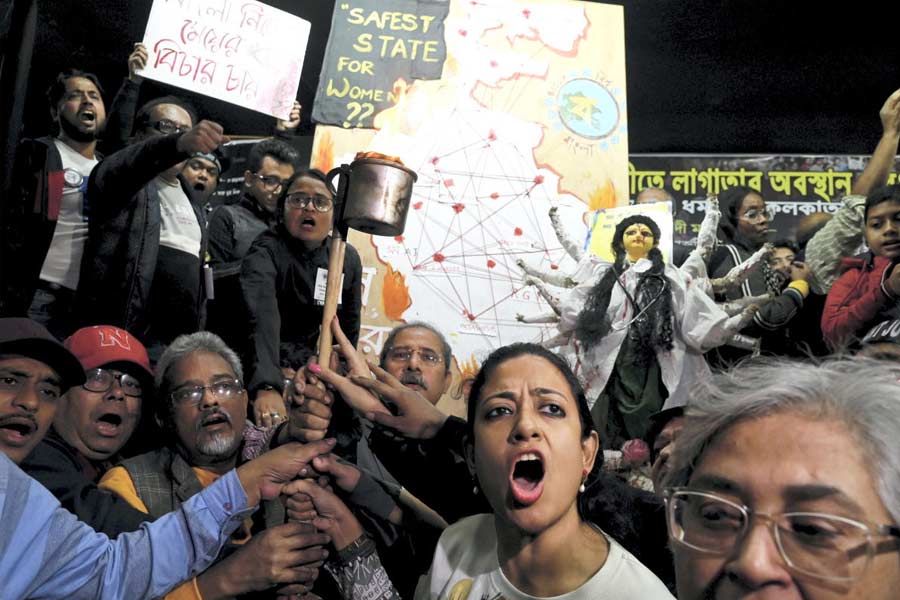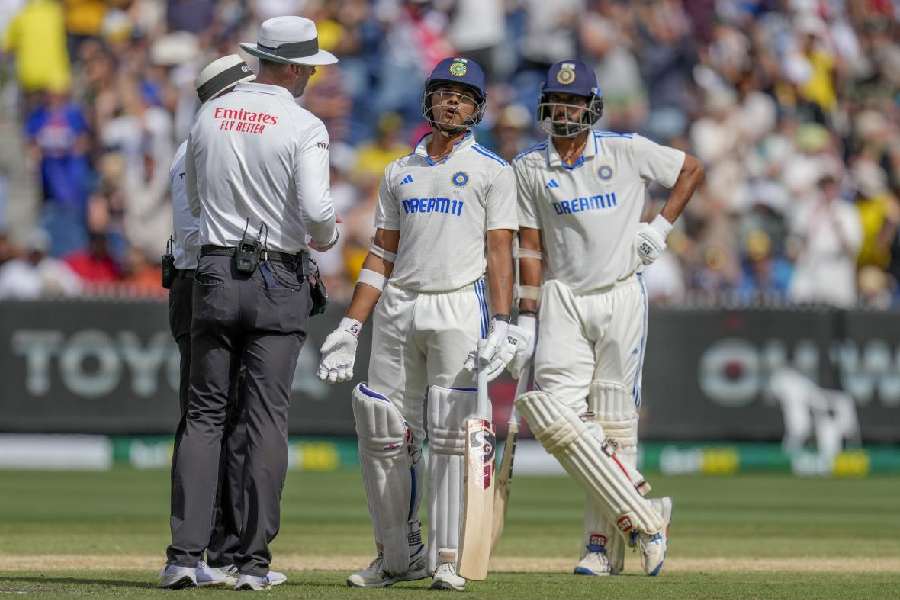Ismail Haniyeh, one of the most senior Hamas leaders, was assassinated in Iran, the country’s Revolutionary Guards Corps and Hamas said on Wednesday, a severe blow to the Palestinian group that threatens to engulf the region in further conflict.
Both Iran and Hamas accused Israel of killing Haniyeh, who led the group’s political operations from exile in Qatar. He was in Tehran to attend the inauguration of the newly elected President of Iran, Hamas’s main backer.
Hours before the assassination, Israel said it had struck Fuad Shukr, a senior member of Hezbollah, a Lebanese militia that is also backed by Iran and has been fighting a low-level war with Israel since October. The two strikes have suddenly shifted the calculus in West Asia, after a month in which Israel and Hamas had appeared to edge closer to a ceasefire in Gaza. Such a deal was expected to lead to a truce between Israel and Hezbollah.
Now, the focus is on how Hamas and Hezbollah will respond to the attacks on their leaders; how Iran will react to a strike on its territory; and whether either reaction leads to the outbreak of a wider regional war. An Israeli strike on Iranian commanders in Syria in April led Iran to fire hundreds of missiles at Israel.
Iran’s supreme leader, Ayatollah Ali Khamenei, said Haniyeh’s assassination would prompt a “harsh punishment”.
Haniyeh was a key figure in Hamas’s ceasefire negotiations with Israel, and his assassination makes the prospects for a deal even more unclear.
Israel’s military has not commented on his death and said it does not respond to reports in the foreign news media. In recent years it has carried out a number of high-profile assassinations in Iran, rattling the country’s leaders and prompting a security overhaul including the ouster of a top security official.
Effect on Hamas
Haniyeh was the top figure managing Hamas’s international relations and one of the group’s most recognisable faces worldwide. From his base in Doha, Qatar, he helped lead Hamas in high-stakes negotiations for a ceasefire in Gaza, and he delivered fiery speeches broadcast throughout the Arab world.
But his killing in Iran is unlikely to destabilise Hamas in the long term, analysts say, noting that the group has recovered from past assassinations of political and military leaders.
“His assassination is a major blow,” Ibrahim Madhoun, an Istanbul-based analyst close to Hamas, said in an interview. But, he said, “Hamas has faced this situation in the past” and “came out of those scenarios stronger”.
The long list of Hamas leaders killed by Israel includes Ahmed Yassin, Hamas’s founder and spiritual leader, in 2004; Salah Shehadeh, the founder of Hamas’s armed wing, in 2002; Abdel Aziz Rantisi, a senior Hamas leader in Gaza, in 2004; and Ahmed al-Jabari, a top commander, in 2012.
For decades, Haniyeh’s name was synonymous with that of Hamas as he served in some of the most prominent positions in the group. He also played a balancing role between Hamas’s military and political wings.
But a reliance by Hamas on its institutions, and not specific individuals, has helped it overcome the killings of its leaders in the past, said Mkhaimar Abusada, a professor of political science from Gaza City.
“There’s a focus on certain people in Hamas,” he said. “But the absence of these people doesn’t lead to a vacuum, because Hamas has institutions and these institutions are ready to fill any vacuum.”
Still, Hamas has few cards to play in responding to Haniyeh’s assassination on its own, as it has already been at war with Israel for nearly 10 months.
In recent months, Haniyeh had been dedicating much of his time to communicating with Qatari and Egyptian mediators about achieving a ceasefire, transmitting Hamas’s positions following internal discussions. Hamas, Abusada said, was likely to pull out of the ceasefire talks with Israel, at least for a few days or weeks, but it would ultimately have to return to stop the war and provide Palestinians in Gaza with a reprieve.
“Its choices are limited,” he said, noting that Hamas’s military wing had been weakened in Gaza. The group, he said, could decide to respond by launching an attack in the Israeli-occupied West Bank.
Abusada said, however, that if Iran throws its weight behind a response, especially given that the assassination was inside its borders, it could pose a much more significant challenge to Israel.
The next political chief for Hamas is likely to be a figure based outside the West Bank and Gaza because the position often requires travel. Hamas’s Shura Council will likely choose the next leader, according to Madhoun and Azzam Tamimi, an author of a book about Hamas.
When Haniyeh was first elected to head the Hamas political office, he stayed in Gaza City, his hometown, but later relocated with some of his family members to Doha.
Before that he held a string of key positions. He was a close adviser to Yassin, the Hamas founding leader; Prime Minister of the sole Hamas-led government in the Palestinian Authority’s history; and leader of Hamas in Gaza, a position now occupied by Yahya Sinwar, an architect of the October 7 attacks on southern Israel.
Since 2017, he has been the overall leader of Hamas’s political office.
Khaled Meshal, a former chief of that office, is among the contenders to replace Haniyeh. Meshal has long been based in Doha and would often sit beside Haniyeh in meetings with visiting ministers and dignitaries.
“He can muster more unanimity in Hamas than anyone else,” said Tamimi who has been a friend of Meshal for decades.
Mousa Abu Marzouk and Khalil al-Hayya, both senior Hamas officials in Doha, also might be part of the discussion, said Tamimi.
Deeper chaos
The two main mediators in Gaza ceasefire talks warned on Wednesday that the assassination of Haniyeh could plunge West Asia even deeper into chaos by sparking a new escalation in the violence.
The Gulf nation of Qatar, one of the mediators, said that the attack could upend peace negotiations. Egypt’s foreign ministry condemned the strike as a “dangerous escalation” and warned against “fuelling conflict in the region”, suggesting that Israel was uninterested in pursuing regional calm.
Still, the decision of whether to intensify the war into an all-out conflagration lies in the hands of a few decision-makers in Iran, Israel and Lebanon’s Hezbollah, according to analysts who said the most recent developments did not change those players’ fundamental desire to keep the conflict contained.
Just hours before Haniyeh’s assassination, on Tuesday evening, Hezbollah may have lost a prominent figure of its own to an Israeli strike on a Beirut suburb. Israel said it had killed Shukr, the senior commander who Israel said was responsible for the attack on the Israeli-controlled Golan Heights on Saturday that killed 12 children and teenagers, though Hezbollah said only that he was at the site of the strike.
Qatar’s foreign ministry warned that the strike, on top of Israel’s ongoing military offensive in Gaza, “could lead the region to slip into chaos”.
The statement echoed the fears of people across West Asia that the war would not only drag on, but also metastasize into an even bigger and bloodier one. Israel has been battling Iran-backed groups on several fronts over the past 10 months, including Hamas in Gaza to the south and Hezbollah in Lebanon across the northern border. Earlier this month, Israeli fighter jets bombed a port in Yemen controlled by the Houthi militia in retaliation for a drone attack that hit Tel Aviv.
Iran-linked militias in Iraq have also occasionally joined in attacks on Israel.
Time and again, analysts and US officials say, the warring parties have had chances to strike in a way that would set off a larger war but always chose a more limited option that enabled them to claim they had retaliated effectively without drawing an outsized response.
“All sides over the last 10 months had reason to full-out escalate, and they didn’t, which suggests the calculus hasn’t changed and isn’t changing,” said Andreas Krieg, a West Asia security expert at King’s College London. “Deterrence on both sides somehow works.” This round may be no different.
Though Hezbollah, the Houthis in Yemen or Iran-backed militias in Iraq might all launch attacks at Israeli or Israel-linked targets to avenge the most recent attacks, analysts said, the assassinations may not be reason enough for them to mount a full-blown response.
Despite his title as Hamas’s political leader, Haniyeh is replaceable as a leader, said Joost Hiltermann, the West Asia and North Africa programme director for the International Crisis Group.
Iran might be embarrassed that the assassination took place on its soil, at the inauguration of its new President.
But Haniyeh was not Iranian, making his death less of a slap to Iran than the killings of senior Revolutionary Guards Corps officers at the Iranian embassy in Damascus earlier this year, Hiltermann said.
“Hamas will survive. They have plenty of other leaders,” he said, adding that things were unlikely to escalate “as long as the Iranian overall interest isn’t harmed, and it really isn’t by Haniyeh’s loss”.
In fact, Hiltermann and Krieg said, the assassination could provide a way out of the war altogether by allowing Prime Minister Benjamin Netanyahu of Israel to claim a signal victory, giving him space to back down in Gaza and perhaps agree to a ceasefire.
But that will only happen if Netanyahu wants to find a way out, which the analysts said was far from sure given his need to work with the hawkish political factions that shore up his governing coalition.
New York Times News Service











